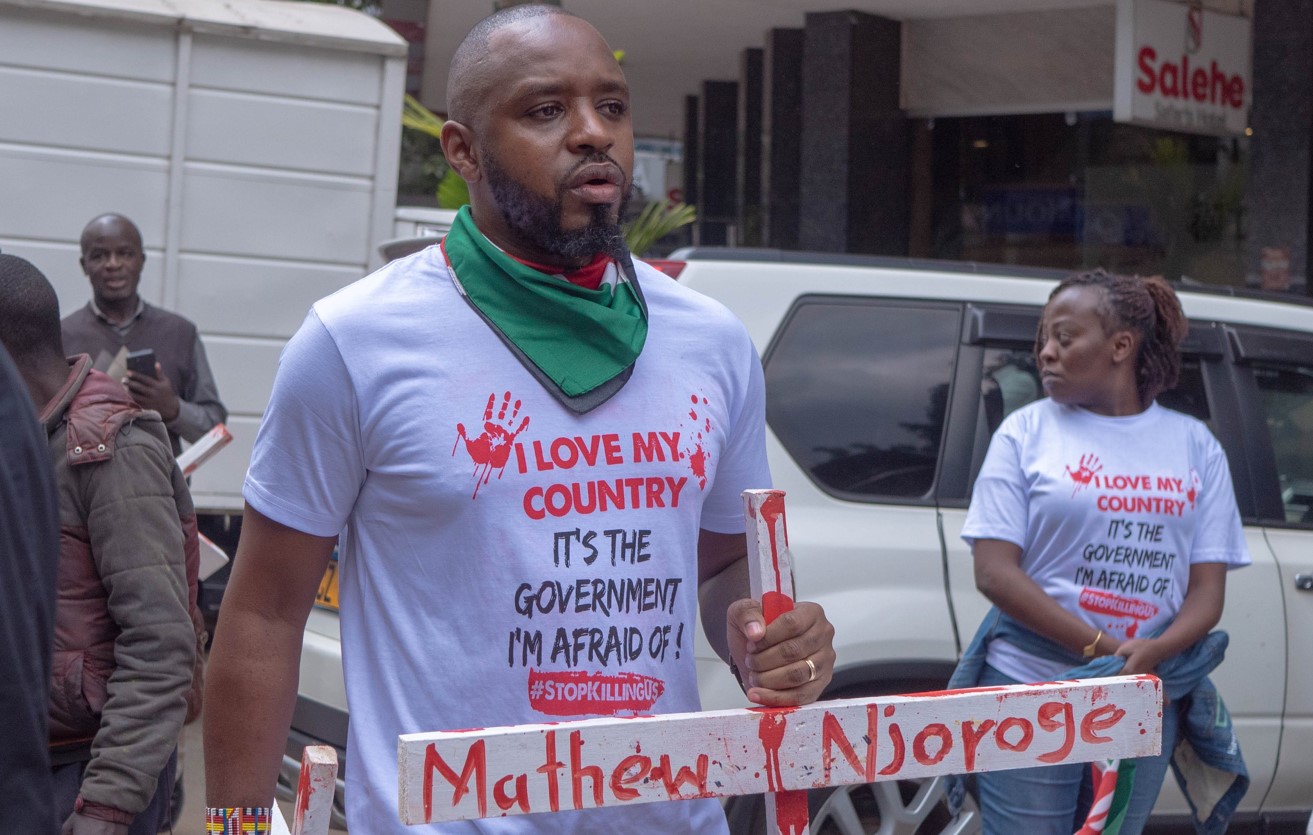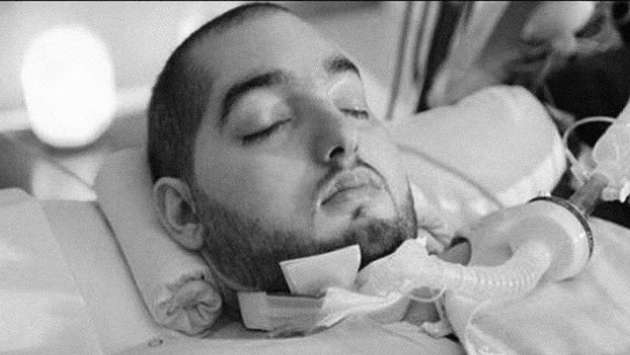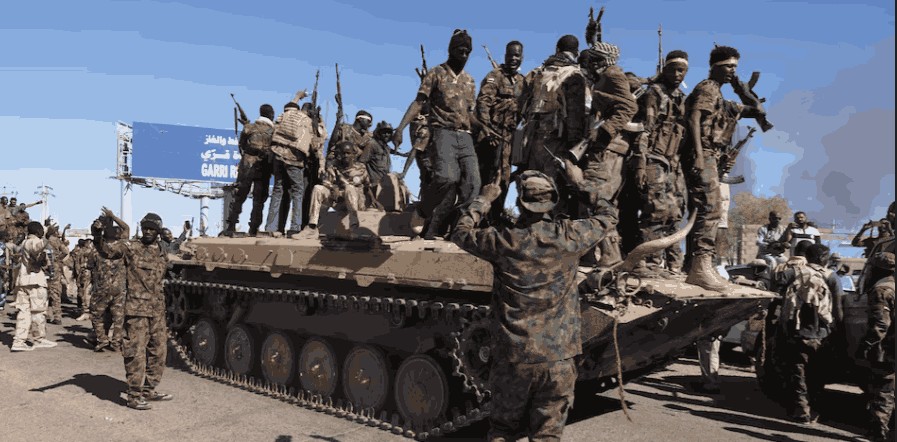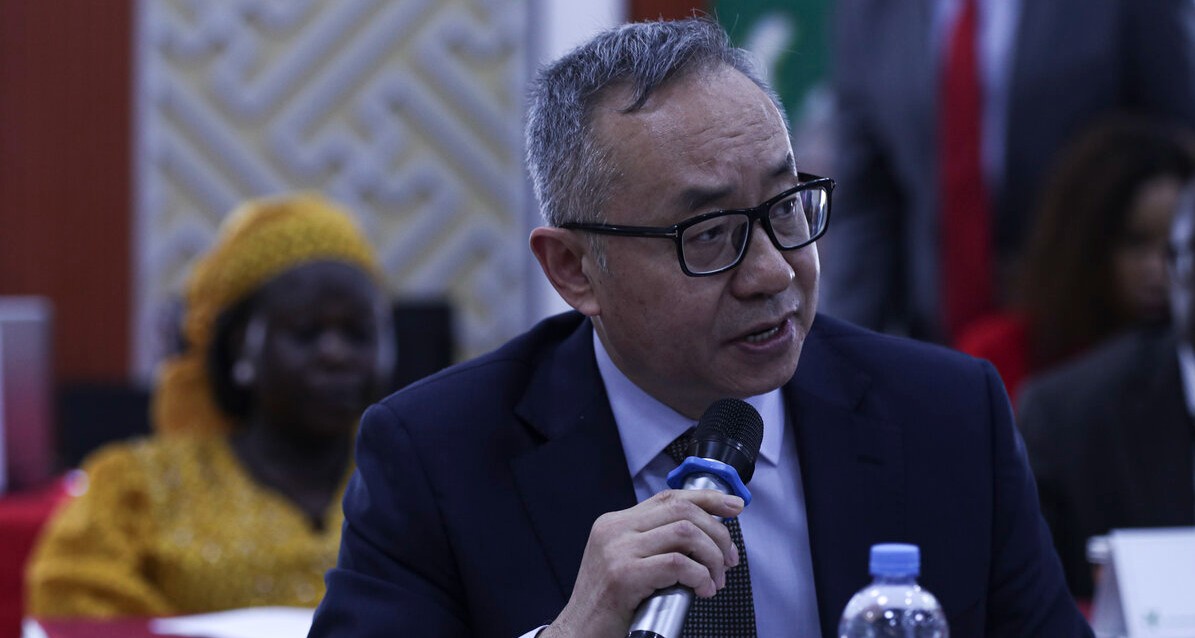Demolitions leave slum schoolchildren homeless and out of school
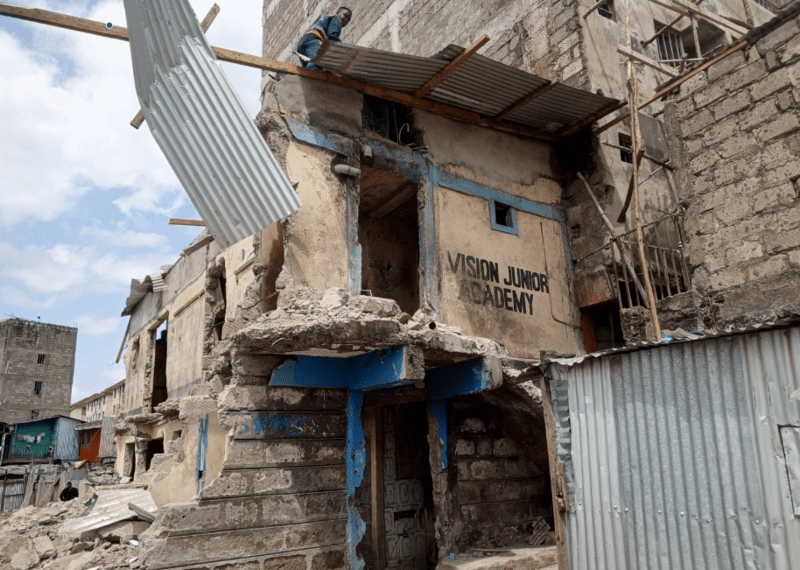
Several residents impacted across different slum areas like Kinyago, Shauri Moyo, and Kitui Village have not yet received any compensation or clarity on its distribution.
The ongoing demolitions along riparian lands have impacted communities living near rivers. Many residents have lost their livelihoods, homes, and possessions, leaving them in distress. Some are resorting to sleeping in the remains of demolished buildings as they try to earn enough money to rebuild their lives.
Families with school-going children are particularly hard hit. In Kinyago village, Kamukunji Constituency, scenes of children salvaging items and collecting scrap metals are common. The demolition of their homes and schools has led many children to skip school.
More To Read
- Africans survived 10,000 years of climate changes by adapting food systems – study offers lessons for modern times
- Court of Appeal redirects Gikomba, Riyadha property row to Land Court
- MSF calls for urgent scale-up in water, sanitation programmes amid rising cholera cases in Abyei, South Sudan
- Court halts ouster of Nairobi housing chief Lydia Mathia amid eviction row
- Kenya unveils 2024–2030 disaster risk strategy to protect lives and boost resilience
- Nigeria Floods: 200 confirmed dead, 500 others missing and presumed dead
The steel and metal industry has become a lucrative source of income for numerous school-going children, particularly teenagers, who gather these materials to support themselves and their families.
In the slums, numerous schools have been demolished, leaving many children without access to education and essential facilities. According to a school director in Kamukunji Constituency, who preferred not to be named, many students have not returned since the demolition.
"Many children were affected, and since the demolition, they have not returned to school. Several are now spending their time idly in the community. As of now, approximately 20 children have not attended school following the demolition," explained the director.
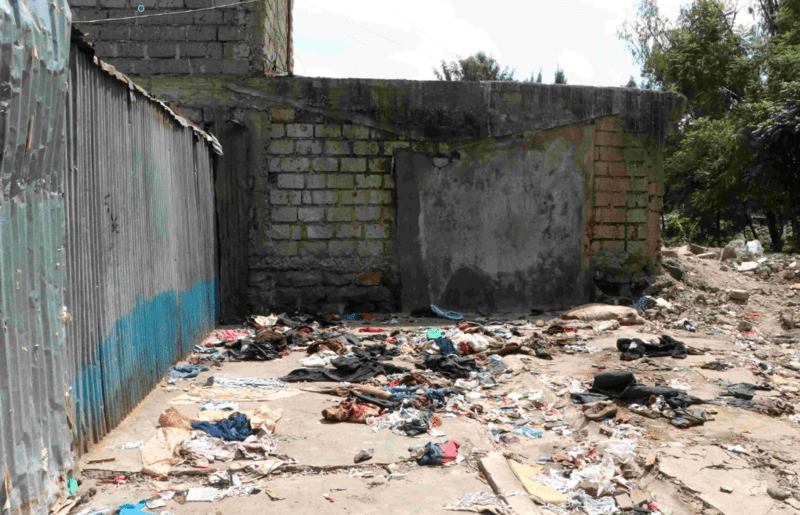 Clothes scattered on the floor after several people were displaced at Blue Gate Estate in Pumwani Ward. (Photo: Justine Ondieki)
Clothes scattered on the floor after several people were displaced at Blue Gate Estate in Pumwani Ward. (Photo: Justine Ondieki)
The director also mentioned that they now have to borrow toilets for the children to use, as their school's toilets were demolished.
"These are young children, and relying on neighbours for toilet facilities which pose a significant risk to their safety,” said the director.
The current situation not only endangers the children's lives but also poses challenges for the teachers. "These children are very young, and the need to walk with them to find these facilities, which they once had on-site, is alarming," said the director.
The director described the heartbreaking scene of witnessing some of his students sleeping in the cold after their homes were demolished.
"It is deeply saddening to see these young children sleeping in the cold and missing school. We are deeply concerned and unsure of how to help," he said.
The level of insecurity has also escalated following the demolitions, with some gang members now using the demolished buildings as hideouts, posing a considerable threat to the children and the entire community.
In Shauri Moyo, Vision Junior Academy lies in ruins following the demolition, leaving students without a school and a home.
According to Samuel Maina, a resident, many parents now choose to enrol their children in nearby schools for safety concerns.
"Parents favour schools located close to home, particularly for young children, to avoid the risk of getting lost. Many of the students who previously attended Vision Junior Academy have had their parents relocate or transfer them to alternative schools others still at home," said Maina.
Maina said that the students who previously attended the school have been relocated to another building.
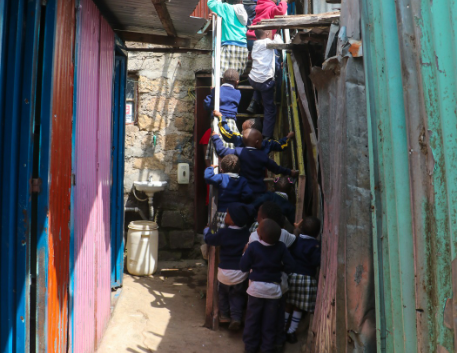 Kindergarten School pupils climb the stairs as they enter a classroom. (Photo: Justine Ondieki)
Kindergarten School pupils climb the stairs as they enter a classroom. (Photo: Justine Ondieki)
Doris Gatweri, a resident of Blue Gate, expressed her devastation over the demolition that caught her off guard while she was at work.
Returning home, her family faced the heartbreaking sight of their former home reduced to rubble. Doris struggled to comprehend the loss of her investment, now reduced to broken stones and bricks. The situation forced them to sleep in the cold.
“We've been sleeping in the cold because of the demolition. It happened while we were at work, so we lost everything. Our children have nothing to eat and can't go to school,” Doris lamented.
She highlighted how the demolition has severely set back her children, having lost all their uniforms and belongings to destruction or theft. Doris finds herself unable to afford a new home or purchase new uniforms, leaving her with no option but to wait and hope for better circumstances.
Several residents impacted across different slum areas like Kinyago, Shauri Moyo, and Kitui Village have not yet received any compensation or clarity on its distribution.
"We've heard rumors of government aid for affected families, but as of now, we remain stranded with our children, lacking clothes, school supplies, and a place to call home," said one resident.
The government has initiated the closure of camps hosting flood affected victims, with approximately 98 camps closed to date.
According to EAC, Arid and Semi-Arid Lands and Regional Development CS Peninah Malonza there were 198 active camps nationwide, with 92 closed in the past week.
“The floods, which affected 32 counties, resulted in over 300 deaths and displaced over 300,000 people,” said Malonza.
The CS noted the government's dedication to resettling those affected.
“The President has committed to resettling all flood-affected individuals, and we have begun by closing active camps,” Malonza stated.
Despite promises, individuals whose houses were demolished and did not go to the camps have yet to be resettled. Some have relocated, while others remain stranded in the demolished areas.
Top Stories Today

